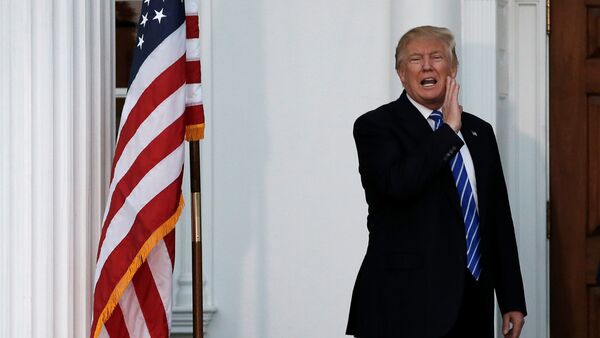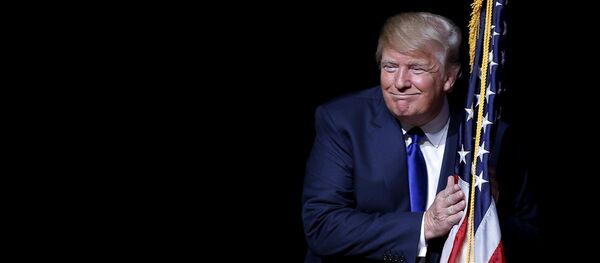According to Aanund Hylland, a professor emeritus of economics at the University of Oslo, Trump's excessive protectionism may lead to China gaining greater influence over the global trade market, which is hardly Trump's intent.
"This is hardly anything Trump would like to see, but might very well become the consequence of his actions. Other parties to the TPP will hereby have a stronger incentive to turn to China and start direct negotiations," Aanund Hylland said, as quoted by Norwegian newspaper Dagbladet.
Former intelligence chief and current risk analyst for Norway's largest financial services group DNB, Kjell Grandhagen, is also critical about Trump's trade policy, which may be fraught with far-reaching negative consequences.
"One might fear more penalty measures in taxation for the outer world, such as Mexico. This will make it particularly difficult for countries that are struggling to break out of poverty, since they will no longer be able to sell their goods to the rich world," Kjell Grandhagen said.
"I believe growing migration to be one of the ensuing risks. Furthermore, it will lead to greater unrest and increase the threat of war and conflict both internally and between countries," Grandhagen warned.
Aanund Hylland concurred that disproportionate restrictions such as protective duties may be harmful to poor countries. At the same time, such measures may be well justified, he pointed out.
"Extensive protectionism is bad, but there are good reasons as well. For example, Norway itself would like to maintain its agriculture, whereas developing countries which are about to go into industrialization have good reasons to protect their industry," Hylland argued.




